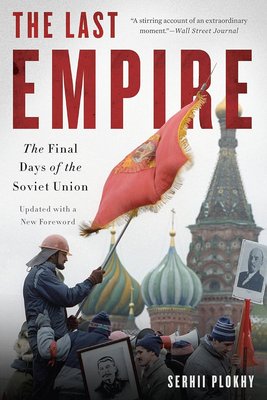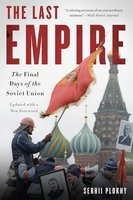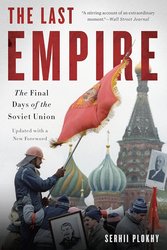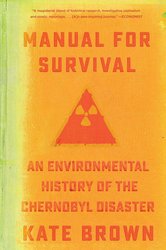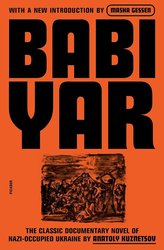The New York Times bestselling author of The Gates of Europe offers “a stirring account of an extraordinary moment” in Russian history ( Wall Street Journal ) On Christmas Day, 1991, President George H. W. Bush addressed the nation to declare an American victory in the Cold War: earlier that day Mikhail Gorbachev had resigned as the first and last Soviet president. The enshrining of that narrative, one in which the end of the Cold War was linked to the disintegration of the Soviet Union and the triumph of democratic values over communism, took center stage in American public discourse immediately after Bush's speech and has persisted for decades -- with disastrous consequences for American standing in the world. As prize-winning historian Serhii Plokhy reveals in The Last Empire , the collapse of the Soviet Union was anything but the handiwork of the United States. Bush, in fact, was firmly committed to supporting Gorbachev as he attempted to hold together the USSR in the face of growing independence movements in its republics. Drawing on recently declassified documents and original interviews with key participants, Plokhy presents a bold new interpretation of the Soviet Union's final months, providing invaluable insight into the origins of the current Russian-Ukrainian conflict and the outset of the most dangerous crisis in East-West relations since the end of the Cold War. Winner of the Lionel Gelber Prize Winner of the Pushkin House Russian Book Prize Choice Outstanding Academic Title BBC History Magazine Best History Book of the Year
